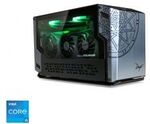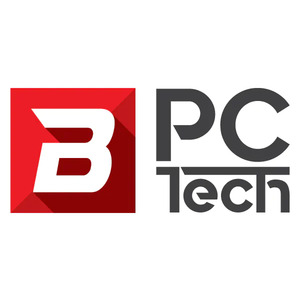Found this prebuilt case while i was finding for a decent build within 1.5k budget. There's an upgrade option for a RX6800, 750W gold PSU and 32gb ram. With the code applied, the above options reduced to 1545$ + delivery.
Beaware that 2.7-2.75 slot gpu won't fit in this case so keep that in mind before buying.


was $100 off last week